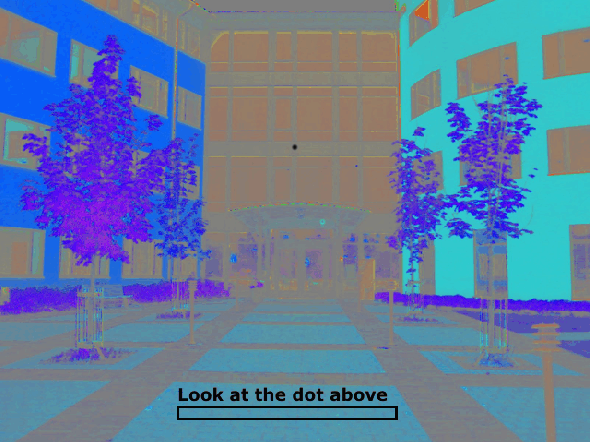 The consistent growth of the field of psychology has resulted in the initiation of a number of degree programs. Accredited degrees are offered by the best psychology schools in the United States, which are famous for their top quality education and proficient faculty. Some of the top schools which have been paving the way for psychology to become a key part of the curriculum of tertiary level institutions are Stanford University, the University of California, the University of Pennsylvania, Yale University and the University of Michigan. Continue reading
The consistent growth of the field of psychology has resulted in the initiation of a number of degree programs. Accredited degrees are offered by the best psychology schools in the United States, which are famous for their top quality education and proficient faculty. Some of the top schools which have been paving the way for psychology to become a key part of the curriculum of tertiary level institutions are Stanford University, the University of California, the University of Pennsylvania, Yale University and the University of Michigan. Continue reading
Kathryn Schulz: On Being Wrong (Video)
In this video Kathryn Schulz explains that while “we all know that the human species, in general, is fallible,” our abstract appreciation of human fallibility goes out the window if we are personally questioned or challenged. Schulz claims that we get stuck in the feeling of being “right” due to (1) error blindness and (2) the fact that we are educated from a very early age that the way to succeed in life is to never be wrong. She goes on to show the dangers of such a mindset, and suggests that we can improve ourselves simply by embracing our fallibility.
Related articles
When Harvard Meets Hogwarts – Part 2
Editor’s Note: Dr. Steve Bedwell is a medical doctor who, prior to becoming a motivational speaker, taught medicine at the world famous Royal London Hospital Medical School and conducted scientific research in Europe, Australia and the US. In addition—and somewhat bizarrely—he’s also an international-award winning magician who has lectured to other magicians in over twenty countries. Steve has also been honored several times with highly-coveted awards for his original conjuring methods which fool, not only muggles, but well posted magicians. And now, over to Steve… Continue reading
The Afterimages Illusion
The color we “see” on the buildings for that brief second is a visual phenomenon referred to as a negative afterimage. As the topic of negative afterimages is very complex, let us simplify the key points to facilitate comprehension. Continue reading
Gender Differences in Depression and Aggression
While depression and aggression affect both males and females, gender differences in each of these conditions have frequently been noted in the literature. As it relates to depression in particular, Piccinelli & Wilkinson (2000) mentioned that there is a female preponderance in the prevalence, incidence and morbidity risk of this disorder. Continue reading





